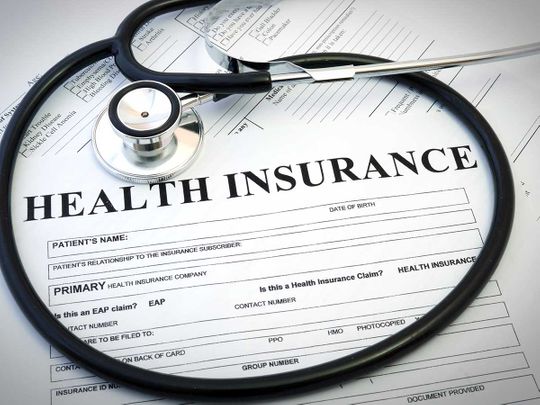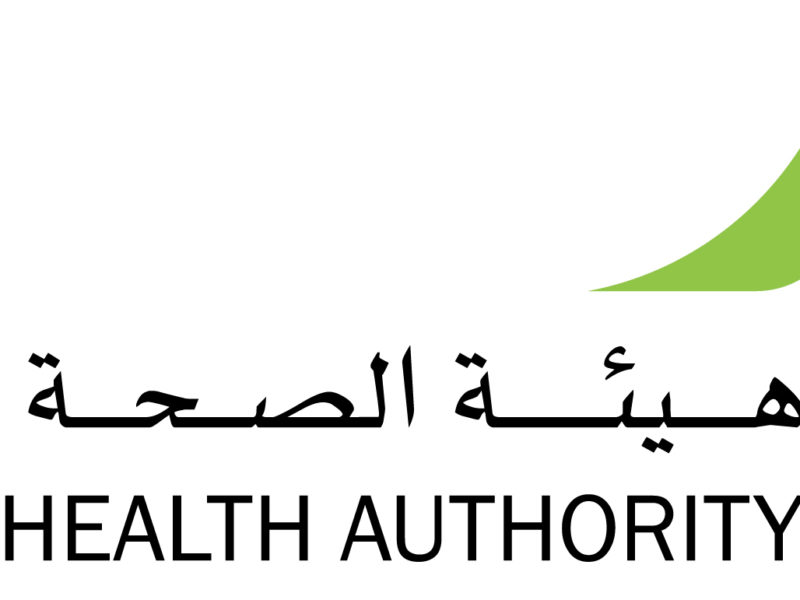All residents need health insurance coverage in order to get the benefits of healthcare services. This applies to expatriates as well as UAE nationals working or living in Dubai.
The first step is to know if you are required by law to have health insurance. Non-UAE Nationals must purchase mandatory health insurance at a minimum, which covers emergencies and hospitalization only.
Expats can choose either individual health insurance, an employer group plan, or an international policy – depending on their preferences and affordability – all of which provide more comprehensive cover than the mandatory option.
If your company does not offer group medical insurance and you cannot afford international rates, then consider opting for a cheaper national plan that includes basic coverage such as laboratory tests and x-rays, among others.
UAE nationals who work in Dubai but reside elsewhere do not require mandatory health insurance, but it would be wise to purchase a comprehensive policy with reduced premiums. This is because they can only use healthcare services or claim reimbursements when staying in Dubai or traveling through the country’s network of government-owned and private hospitals and clinics.
How Much Does Health Insurance Cost?
The price of health insurance differs between individuals and companies. Companies offer their employees group plans that also depend on an individual’s role and age, which means there isn’t a fixed amount and both employer and employee contribute equally towards monthly premiums. In contrast, an expatriate has to pay for their own cover according to the package they choose from international insurers such as Al Takaful and International Medical Group. The following are three of the most popular international health insurance companies in Dubai:
- Aetna International: https://www.aetnainternational.com/
- Bupa Global: https://www.bupaglobal.com
- International Medical Group: http://www.imglobal.com/
How Much Will I Have to Pay For a Comprehensive Health Insurance Policy?
Generally, an individual should expect to pay around AED 500 per month for a standard cover that includes doctor’s consultation fees as well as hospitalization expenses up to a certain limit. Alternatively, you can opt for a premium that covers additional costs such as pregnancy and vaccination.
Are There Any Additional Requirements?
There is a list of medical conditions that insurers will not cover due to their high-risk nature, including HIV/AIDS, alcohol addiction, and diabetes. In most cases, ex-pats with pre-existing health problems are required to undergo medical screening before being approved for coverage. Additionally, it is mandatory for all residents in the UAE to have an Emirates ID Card in order to make claims from public hospitals and clinics in Dubai. Private facilities also offer services on a cash basis, but this option is only applicable when visiting specialists that do not work in government facilities or at least one private hospital within the Emirate of Dubai.
What About Emergencies Abroad? Will My Insurance Policy Pay Up?
It is always advisable to check with your insurer if you can claim reimbursements while traveling outside the UAE. Expats should know that only nationalities of GCC countries are eligible for coverage when visiting other Gulf Cooperation Council (GCC) states, Bahrain, Kuwait, Lebanon, Oman, and Qatar. If you want to travel to any other country in the world, then it’s best to get an international cover.
International health insurance plans typically cover medical costs abroad for up to six months at no extra cost. The UAE has one of the highest per capita incomes in the GCC region, which means residents have greater spending power on healthcare services. This also applies when receiving treatment in India or South Africa, where many patients choose health tourism given that both countries have reputable medical facilities and English is widely spoken.
What Medical Services Are Provided?
Both the Dubai Health Authority (DHA) and private hospitals offer a range of modern treatments to reduce wait time and ensure convenience for patients. These include preventive care, diagnostic tests, advanced surgeries and therapies, ICU treatment as well as hospitalization in general wards or specialized units.
For example, most government clinics have dedicated units for women’s health as well as children’s medicine. On the other hand, private healthcare providers offer specialized units such as cardiology centers, gastroenterology units, and dialysis services among others.
“Dubai and the UAE enjoy some of the best healthcare facilities and doctors in the world. Many patients from neighboring GCC countries choose to receive treatment here as medical tourism, hence we see a mix of Arab ex-pats alongside Indian and South African nationals at hospitals such as Welcare Hospital”, said Dr. Francisco Fernandez-Obregon, Group Medical Director at Welcare Hospital.
What about appointments with private specialists?
Appointments with specialist consultants are often available within days through DHA clinics, whereas private providers usually require you to book your appointment at least two weeks in advance due to their highly sought-after nature. This is not a problem for most residents since both public and private health facilities are fully equipped with state-of-the-art equipment.
What about dental care?
Dental care is often limited to basic services such as teeth cleaning, fillings, and extractions. Expats seeking more advanced treatments will have to pay for any applicable costs out-of-pocket or get coverage through their international medical insurance policy. For example, some insurers include up to AED 5,000 reimbursement on certain procedures at the luxurious Dental Centre in Dubai Healthcare City (DHCC).
Finally, What Can I Do If I Am Unhappy With My Treatment?
Patients should know that they always have the right to seek a second opinion before proceeding with surgery. This includes getting a second opinion from another hospital. If you are not happy with the diagnosis or treatment, then seek advice from your family doctor first before speaking to your insurer if they can reimburse any costs under their policy.
What About Medical Tourism? What Treatments are Available and How Much Do They Cost?
Dubai is fast becoming a popular destination for medical tourism given its reputable hospitals and competitive prices. According to Mastercard’s “Global Destination Cities Index”, Dubai ranks as one of the top 10 most-visited cities in the world based on overnight visitor arrivals, which means that there is plenty of demand for state-of-the-art healthcare facilities.
For example, UAE nationals spend around AED 2 billion annually on different types of private hospitals in Dubai Healthcare City (DHCC), making it one of the top destinations for medical tourism in the GCC.
According to DHCC, medical tourists from Saudi Arabia and other GCC countries represent more than 40 percent of all patients at some DHCC hospitals such as Welcare Hospital. The main procedures sought after by international patients include:
- Orthopaedic (joint replacement and spine surgery)
- General Surgery (colorectal and breast cancer surgery)
- Cardiology (cardiac angioplasty and catheterization)
- Kidney Transplant
- Ophthalmology (cataract surgery)
- Specialist surgeries such as oncology (cancer treatment)
- Neurosurgery or plastic surgery are also available but may require cash payment due to their specialized nature.
According to Dr. Francisco Fernandez-Obregon, Group Medical Director at Welcare Hospital, “There are a number of medical conditions that cannot be treated in the country and so we see patients and residents from across the GCC and other countries such as Pakistan and Afghanistan receive treatment here”. Welcare Hospital was recently crowned “Best Private Hospital” at the Gulf Top Brand Awards 2013 for its world-class expertise and services.
What About Insurance?
The UAE has a wide range of international standard health insurance providers such as Al Takaful (Emirates Islamic), AIG (AIG), Allianz (Allianz Global Assistance), Bupa Global, MSH Health Services (ACOM+) which offer medical coverage for both residents and visitors. Most insurance providers have a special desk at the airport, as well as several hospitals that can assist with pre-admission clearances. You should also check whether your policy covers ambulance transfers and if it covers any accommodation costs should you require a prolonged hospital stay or need to visit another city for specialist treatment.







